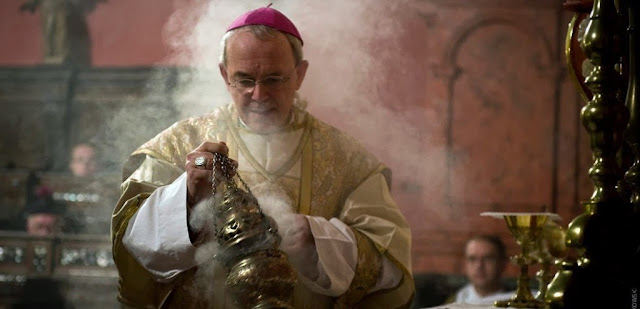Clearing the confusion over the word "temptation"
The English word “temptation” can give rise to two areas of confused interpretation. When we speak of the temptations of Jesus, are we saying that He had the same lustful and disordered feelings that we have to fight against? And in the Our Father, do we really need to ask God not to entice us to sin? The problem is that the English word “temptation” used to have a wider range of meaning. Its normal use nowadays refers solely to the internal experience of being allured to an evil by the perceived pleasure that it might give. We are familiar with the graphic illustration of this in the account of the fall in Genesis; Eve sees that the tree with the forbidden fruit is “good to eat, and fair to the eyes, and delightful to behold.” Being thus tempted, she eats it. What is unfamiliar to us is that in the 16th century, temptation also had a wider meaning of testing or trial. Nowadays we would not generally be understood if we used the word in this wider sense. If your back pain is a ...


